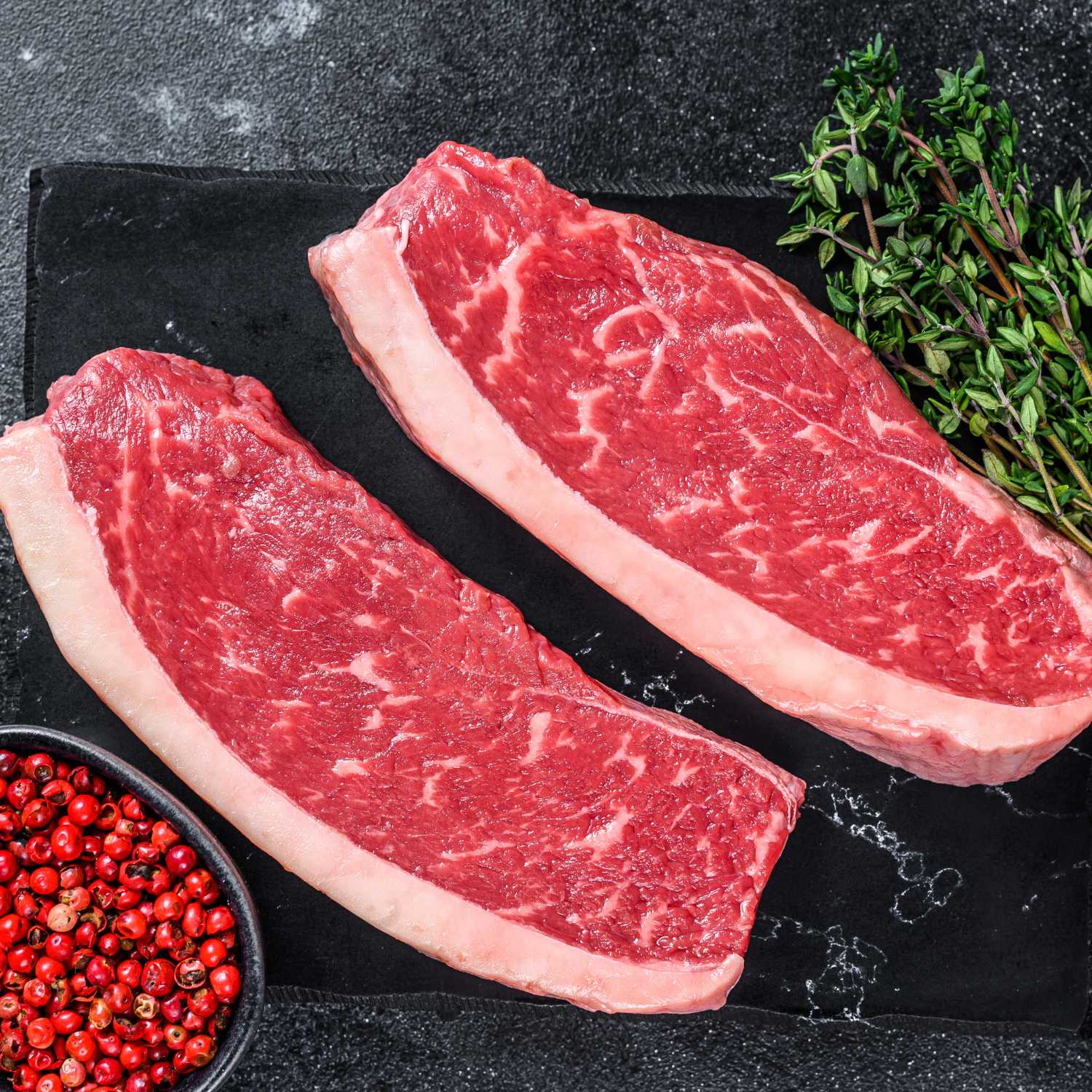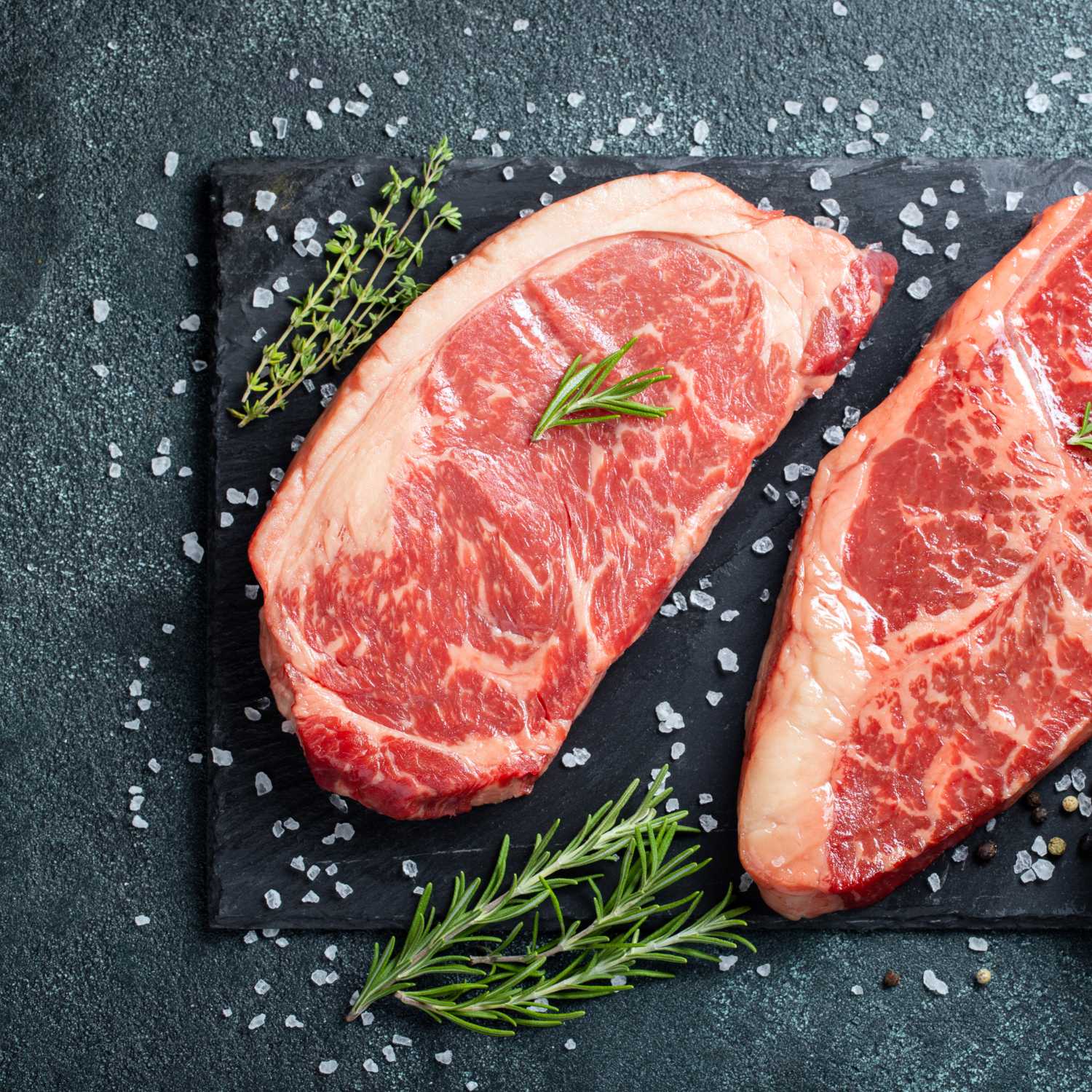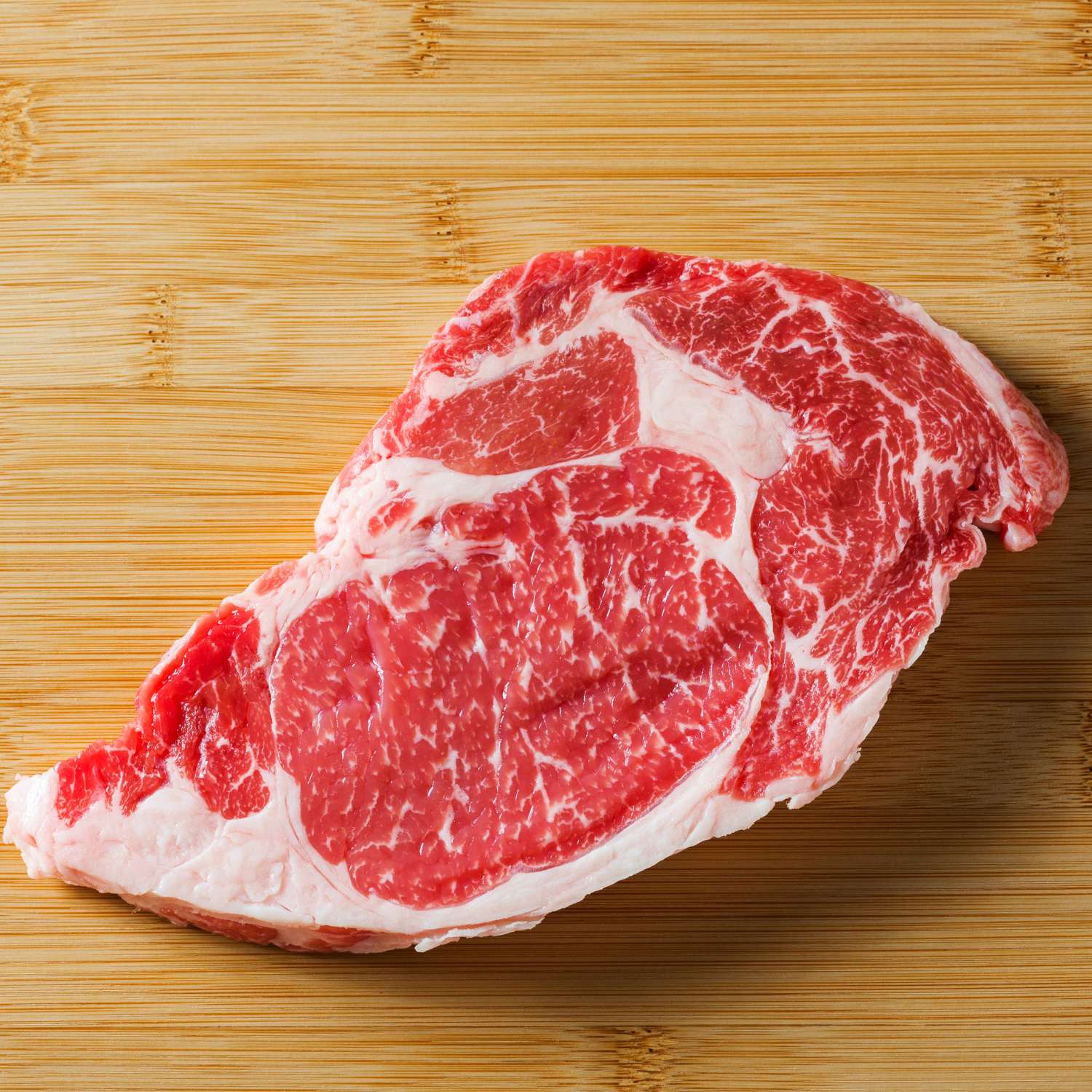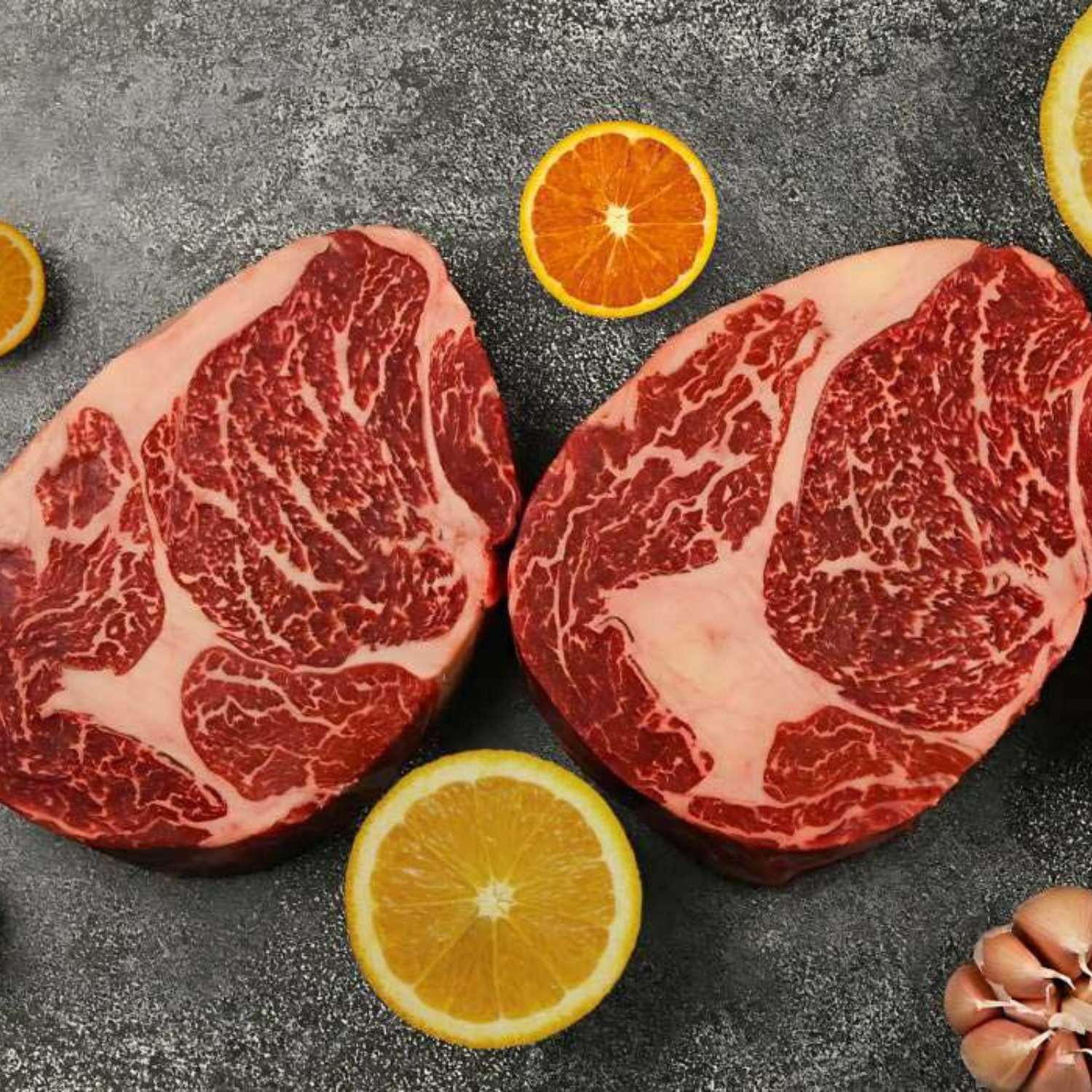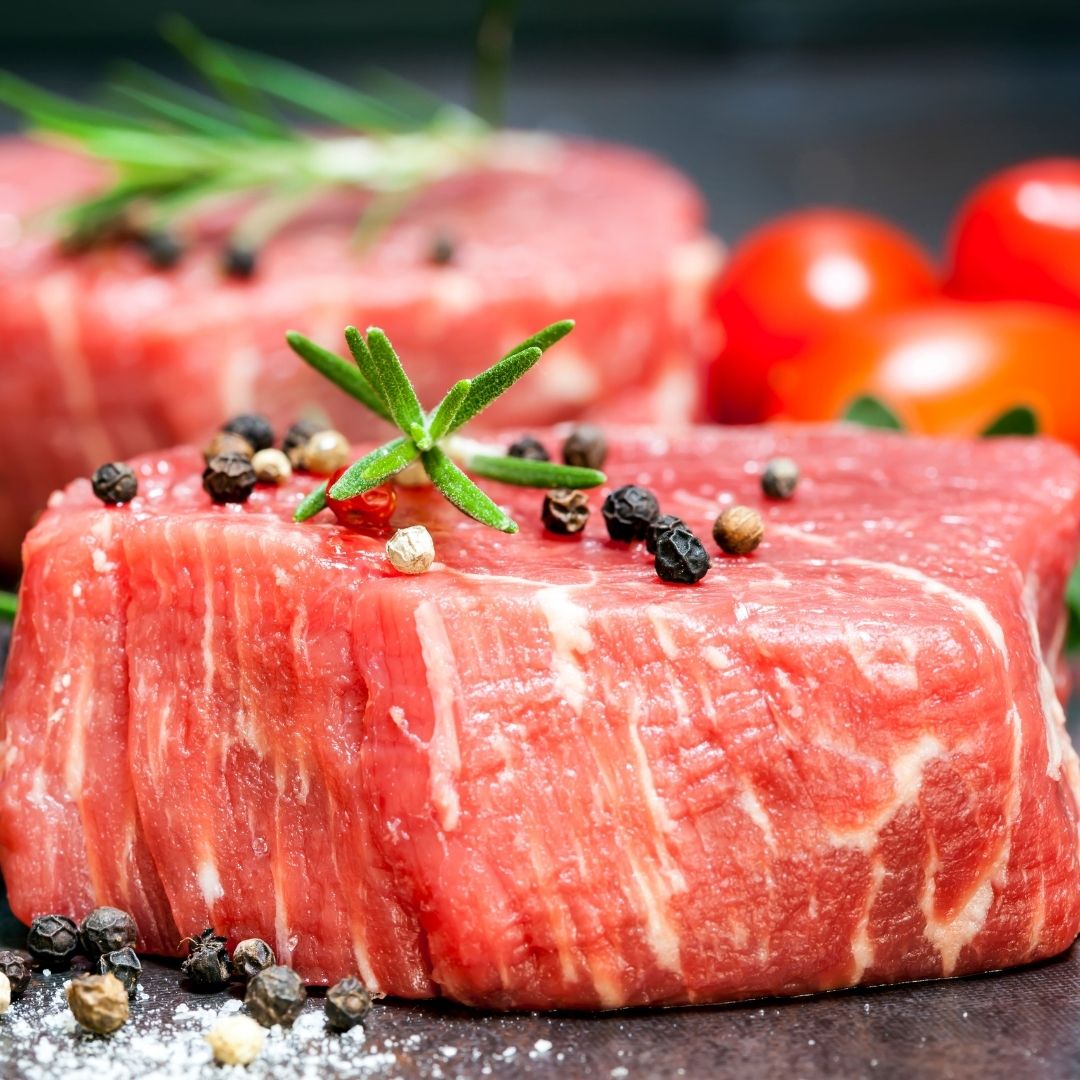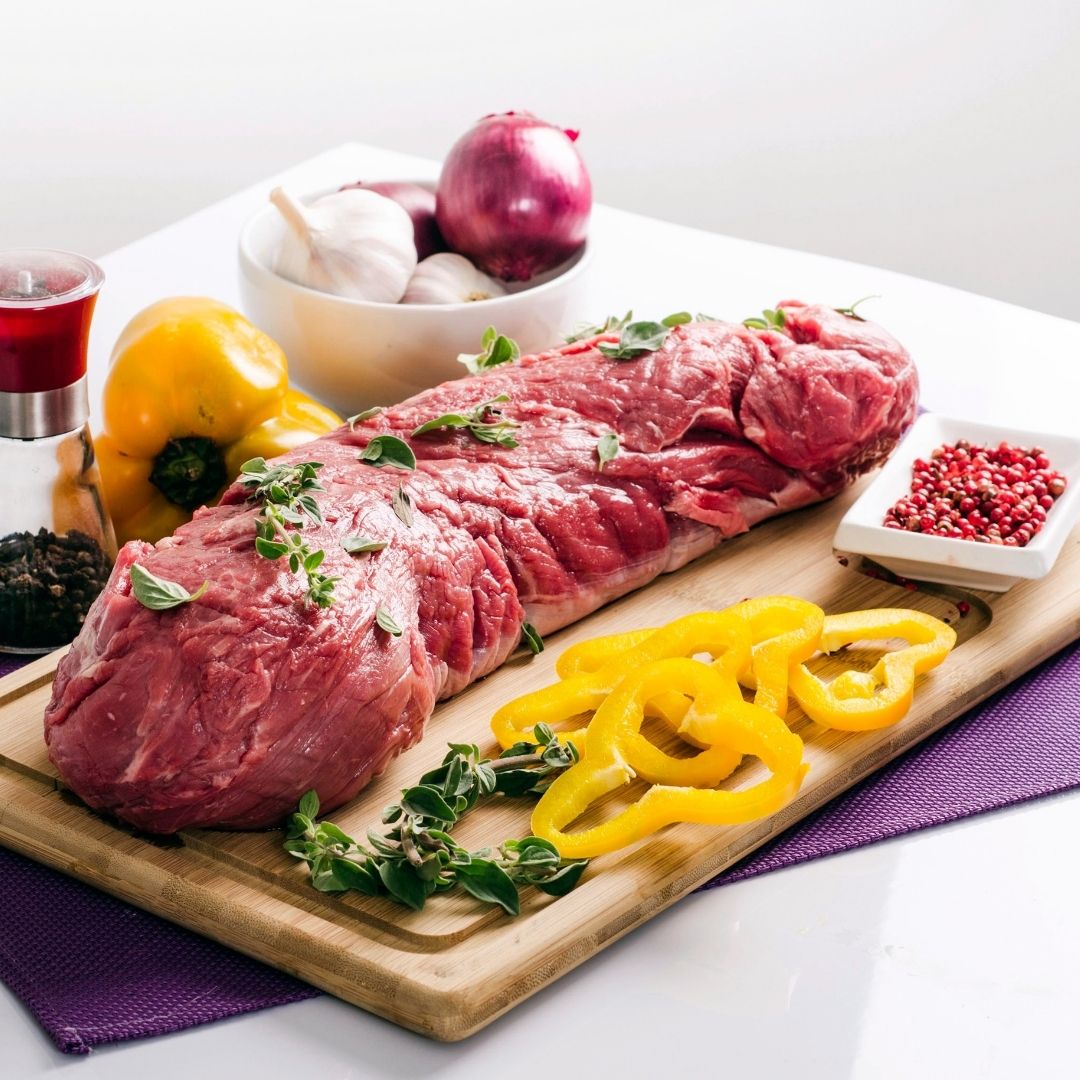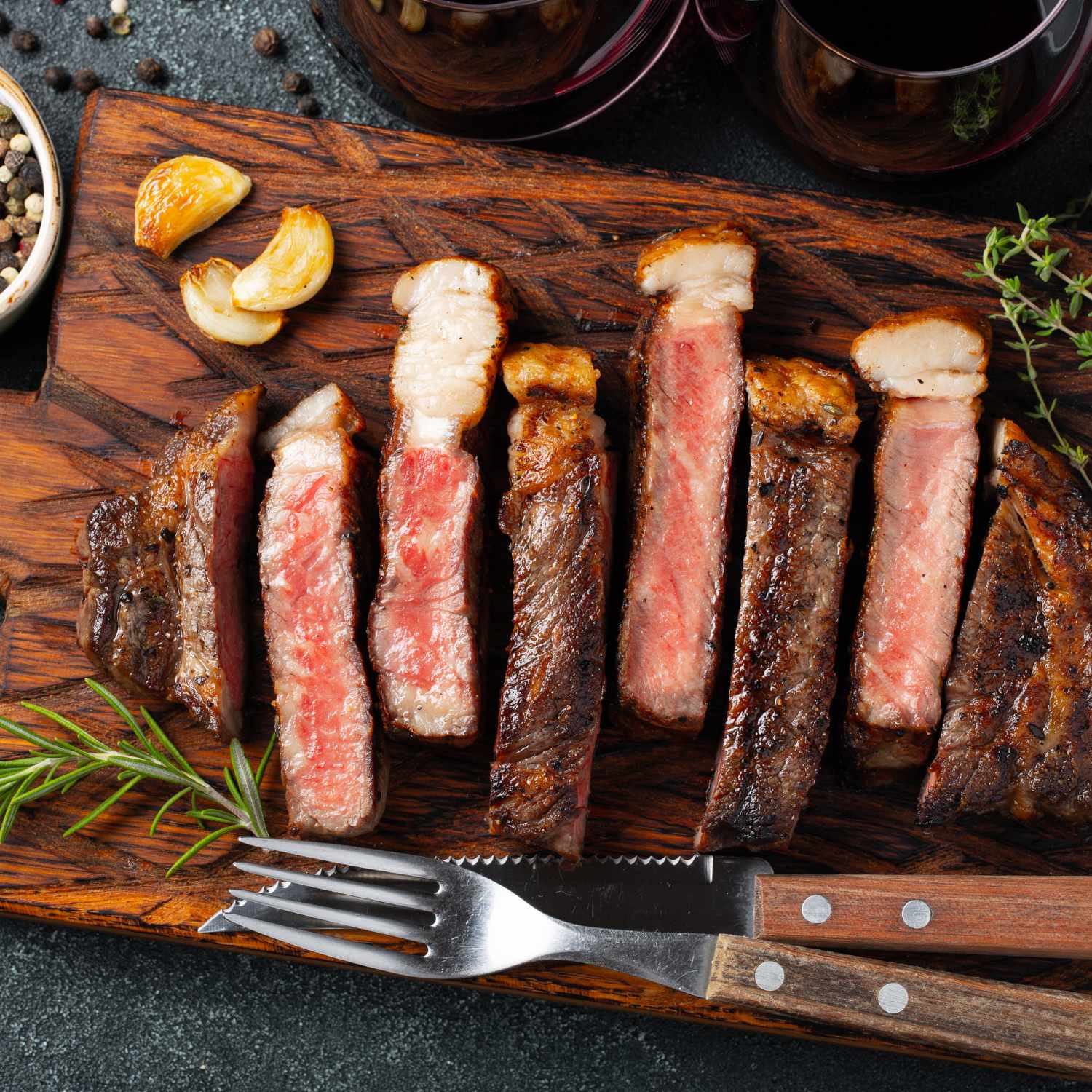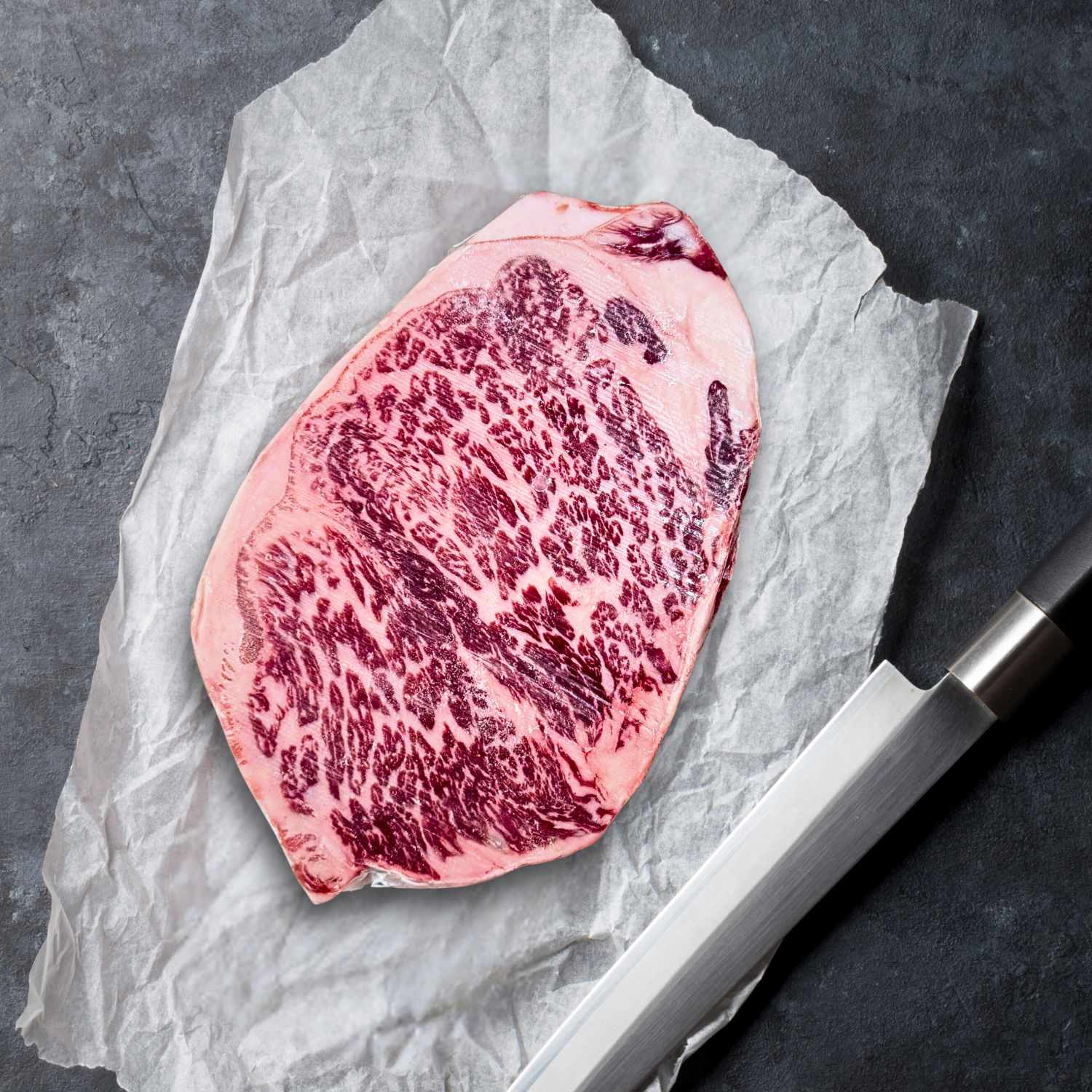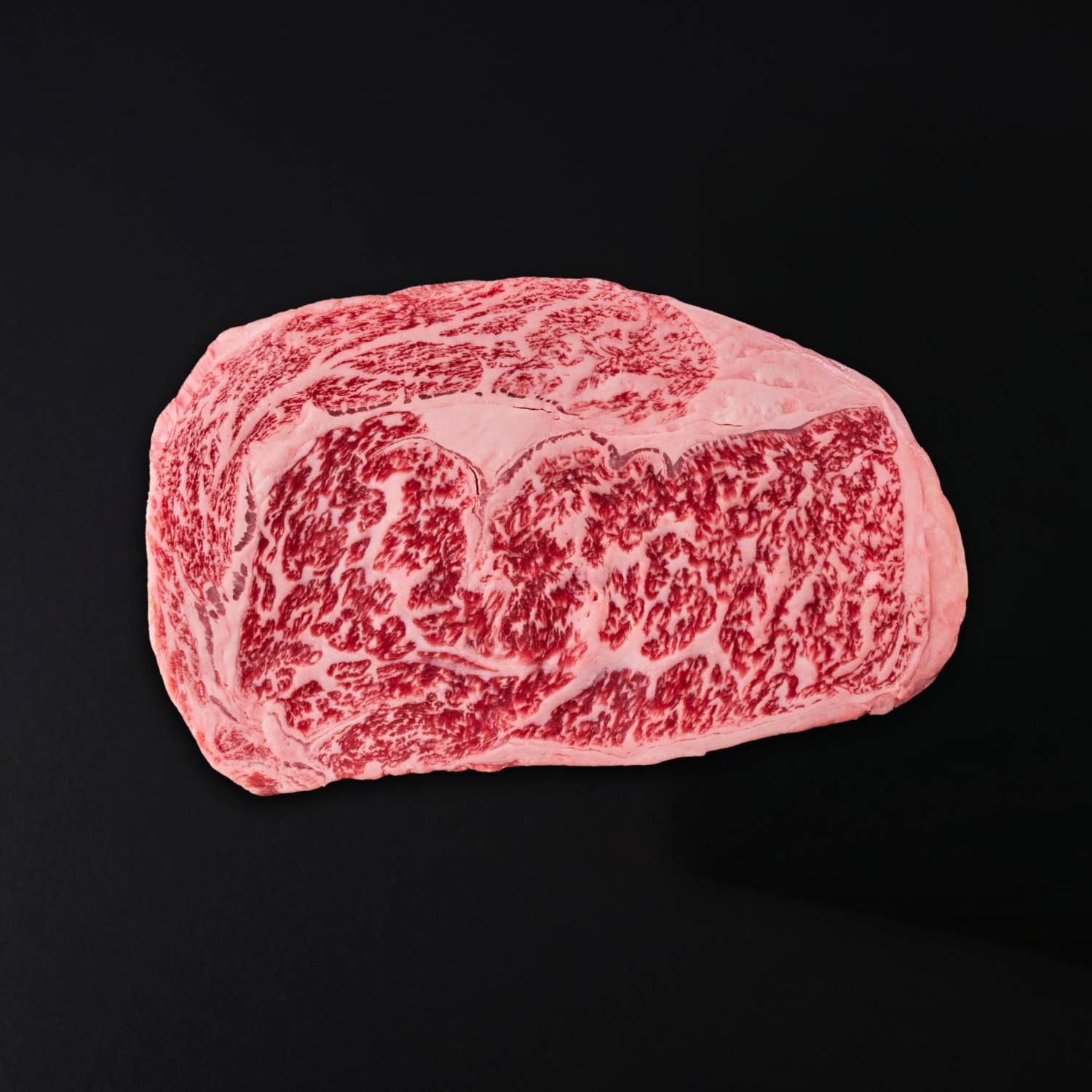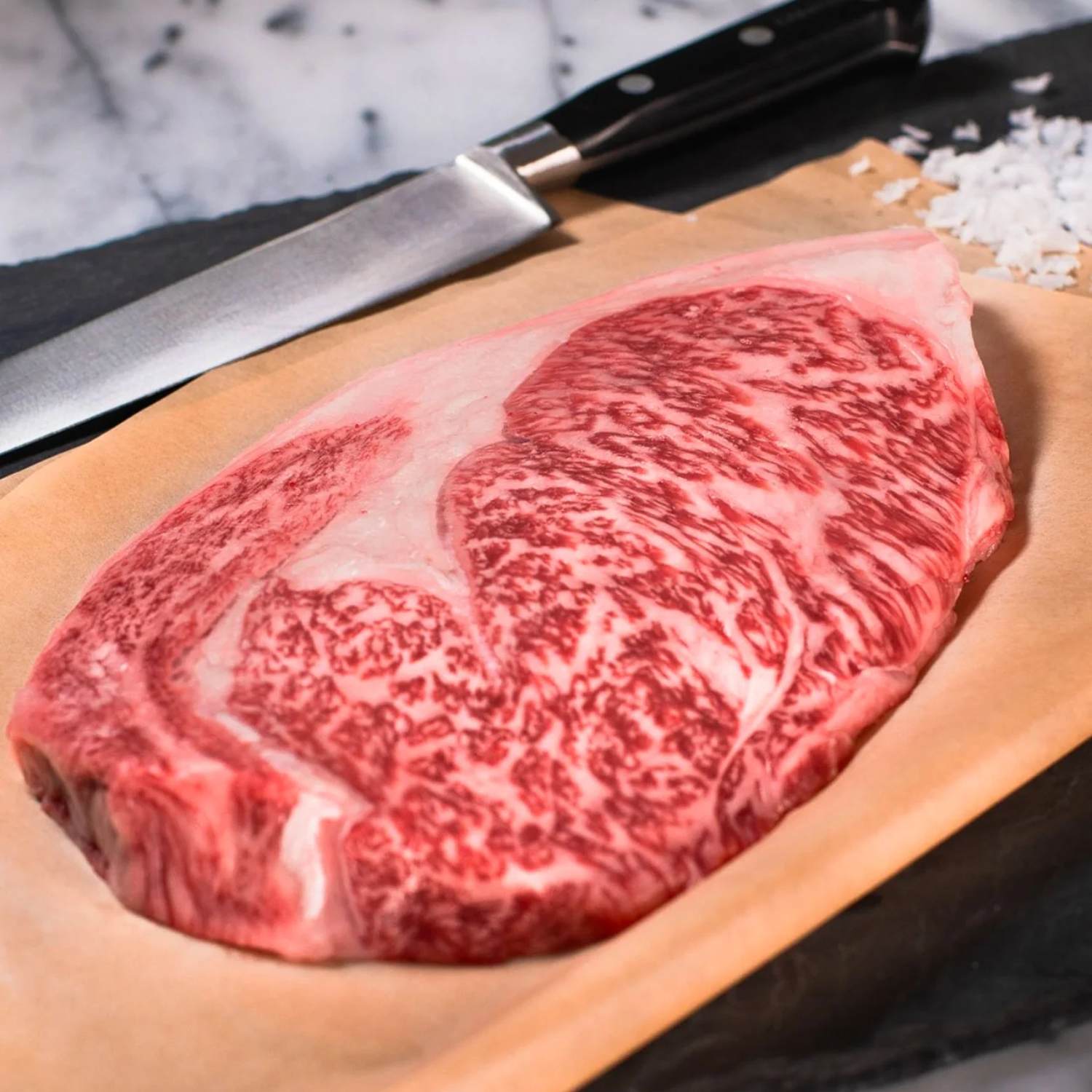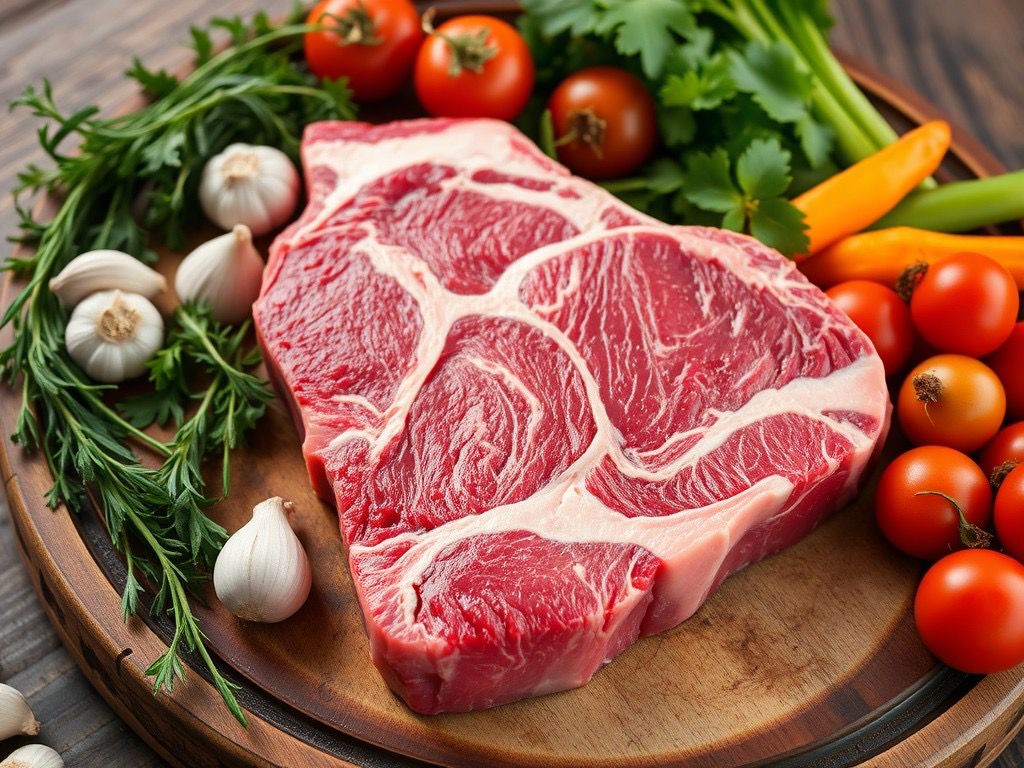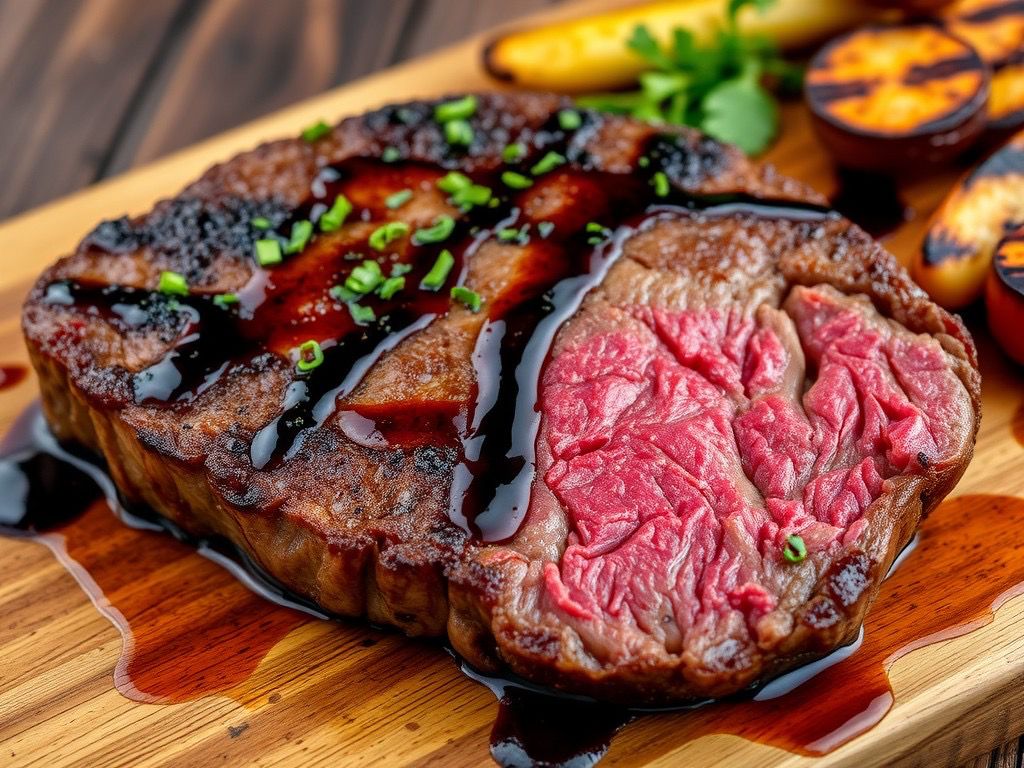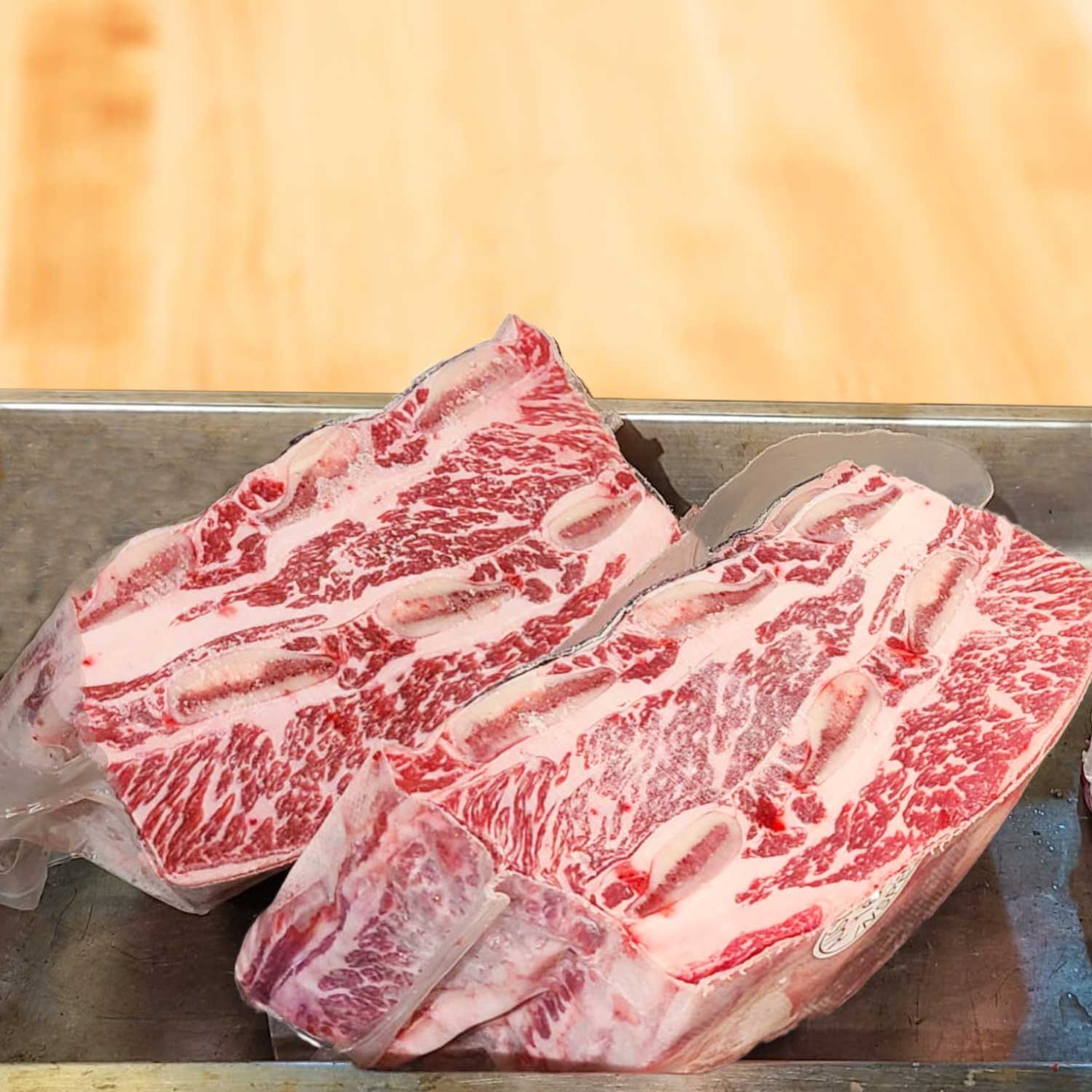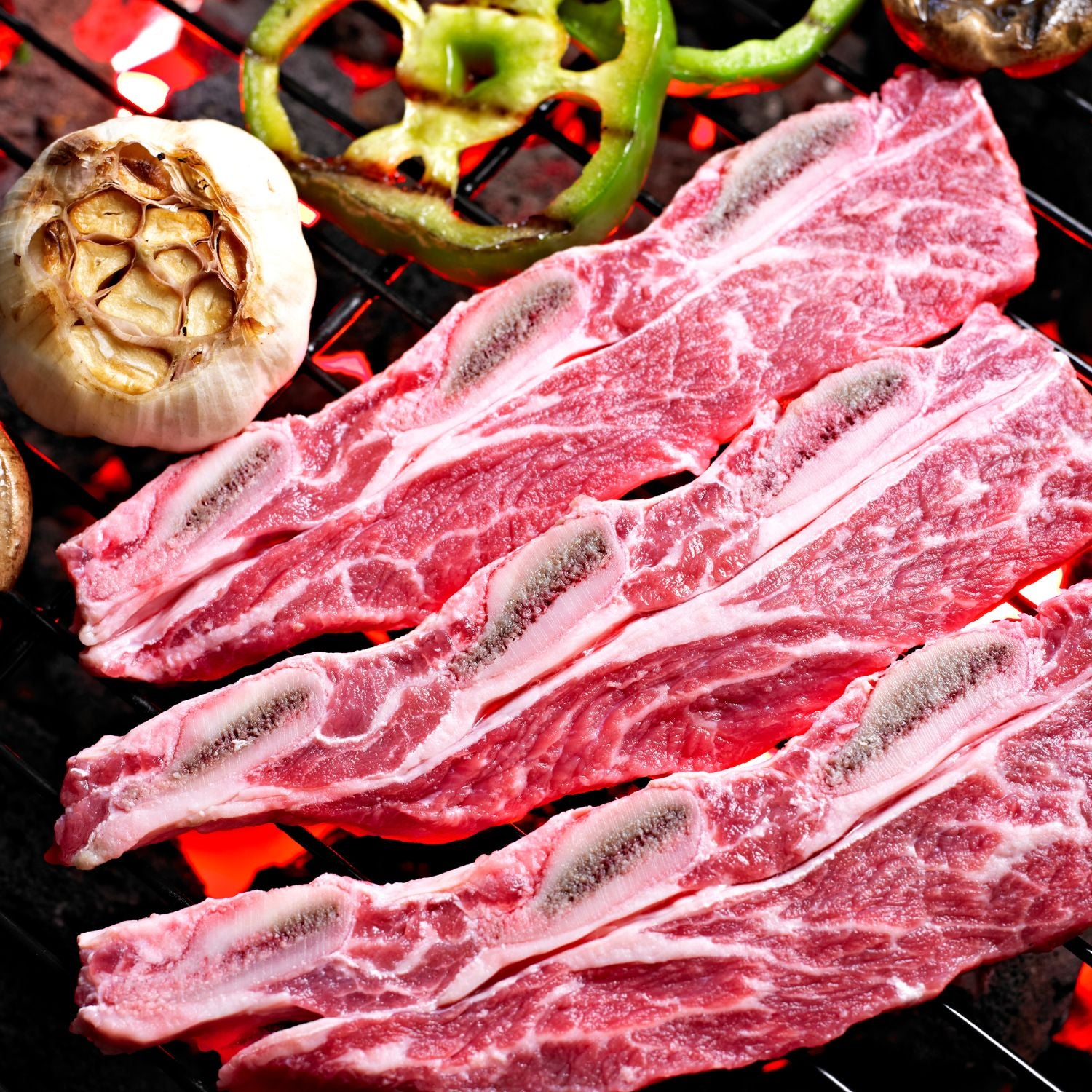The Nutritional Advantages of Grass-Fed Roast Beef
Understanding the Health Benefits
Grass-fed roast beef is winning hearts in Hong Kong due to its health benefits. It's rich in key nutrients like omega-3 fatty acids, which are known for their role in heart health and reducing inflammation in the body. Also, grass-fed beef has higher levels of antioxidants, including vitamin E, and a beneficial fat called conjugated linoleic acid (CLA), which may reduce the risk of certain diseases. Moreover, grass-fed meats tend to have fewer calories than grain-fed equivalents. Consumers in Hong Kong are not only seeking delicious flavors but also wellness-focused foods, making grass-fed roast beef a top choice for health-conscious diners.

Comparing Grass-Fed and Grain-Fed Meat
When we compare grass-fed to grain-fed beef, key differences emerge. Grass-fed beef is leaner, with higher levels of omega-3 fatty acids, which are good for the heart. It also has more antioxidants like vitamin E, and higher levels of conjugated linoleic acid (CLA), believed to reduce heart disease and cancer risks.
Grain-fed beef, often finished on corn or soy, tends to have more marbling, which can result in a juicier taste but greater saturated fat content. This type of meat also commonly contains antibiotics and hormones, used to promote faster growth, which can be a concern for consumers.
In Hong Kong, the health-conscious are choosing grass-fed for its benefits. Yet, taste preferences and price points can still sway some towards grain-fed options. Local trends show a growing interest in healthier meals, playing a role in this shift towards grass-fed roast beef as a preferred choice.
How Grass-Fed Roast Beef is Changing the Game in Hong Kong
The Shift in Consumer Preferences
In Hong Kong, food lovers are choosing grass-fed roast beef more often. This switch is about taste and health. People now know that grass-fed beef can be better for them. It has healthy fats and is less likely to have added hormones. Smaller portions satisfy hunger due to its rich flavor. This change is big news for the city's food scene. It means local butchers and cafes are adapting. They stock more grass-fed options to meet demand. Chefs are also creating new dishes to highlight this type of beef. The trend shows a growing care for what goes on the plate. It's a sign of changing times in Hong Kong's taste for food.
Impact on Local Butchers and Cafes
Grass-fed roast beef is making waves in Hong Kong, altering the culinary landscape. Local butchers have had to adapt, sourcing grass-fed options to meet demand. Many cafes are revamping menus to include this healthier meat. This trend towards grass-fed beef is changing what we see in meat display cases and on plates. Butchers who embrace this change are finding new growth opportunities. Cafes offering grass-fed dishes are attracting health-conscious diners. This is more than a fad; it's a shift that is here to stay in Hong Kong's food scene.
Future Trends in Grass-Fed Roast Beef
Technological Advancements in Meat Production
Looking ahead, technology plays a big part in meat production. Such advances help improve the quality of grass-fed beef. For instance, precise farming tools can better manage cattle diets. This ensures cattle get the right nutrients while roaming free. Also, monitoring tech like drones track herd health from the sky. These tools give farmers data to boost beef quality. Plus, blockchain can help track beef from farm to table. This adds trust for Hong Kong consumers. They know they are getting true grass-fed roast beef. The use of such tech is likely to grow in Hong Kong’s beef market.
Potential Growth in the Hong Kong Market
The Hong Kong market has shown a strong interest in healthier, sustainable meat options. This trend suggests a bright future for grass-fed roast beef within the city. We're likely to see more local farms adopting grass-feeding practices. This change caters to the rising demand. Restaurants and retailers will probably expand their grass-fed offerings. They will aim to satisfy health-conscious consumers. Import partnerships could also grow, ensuring a steady supply of quality grass-fed beef. As awareness grows, sales of grass-fed beef are anticipated to surge. It's poised to become a staple in the urban diet of Hong Kong.

